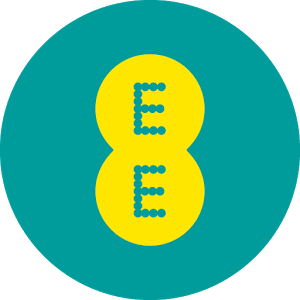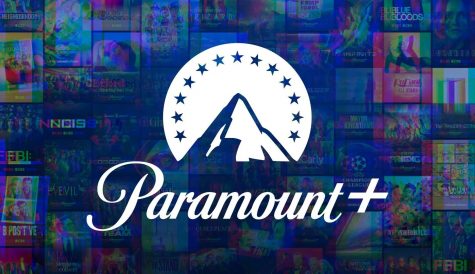
After more than 40 years of operation, DTVE is closing its doors and our website will no longer be updated daily. Thank you for all of your support.
BT targets quad-play market with £12.5bn EE acquisition
 BT is in exclusive talks to acquire the UK’s leading mobile operator EE in a £12.5 billion (€15.8 billion) move that is aimed squarely at the budding market for quad-play services.
BT is in exclusive talks to acquire the UK’s leading mobile operator EE in a £12.5 billion (€15.8 billion) move that is aimed squarely at the budding market for quad-play services.
In a statement, BT said the proposed acquisition of EE, which is jointly owned by Deutsche Telekom and Orange, “would enable BT to accelerate its existing mobility strategy whereby customers will benefit from innovative, seamless services that combine the power of fibre broadband, Wi-Fi and 4G”.
BT has been widely expected to make a bid for either Telefónica’s O2 or EE and re-enter the UK mobile market, building on its launch of fibre services and aggressive entry into the UK pay TV market. The choice of EE would give it ownership of the UK’s most advanced 4G network.
The telco said it would continue with its own plans to develop fixed-mobile converged services and remained confident of delivering on these if it fails to strike a deal for EE.
The agreement with Deutsche Telekom and Orange value EE at £12.5 billion on a debt and cash-free basis. BT will pay for the operator using a mix of cash and shares, with Deutsche Telekom taking a 12% in the combined operation, giving the partly state-owned company a seat on the BT board. Orange would hold a 4% stake in BT. BT has not revealed how it would finance the cash element of the deal. The operator said it expected to realise “significant” synergies from the acquisition, including through selling fixed-line services to EE customers that do no already take one of its services, and by accelerating the sale of converged fixed-mobile services to BT’s existing consumer and business base.
EE has about 24.5 million direct mobile customers and reported EBITDA of £1.6 billion in the year to June.
Analysts expect that regulatory approval of the acquisition will be given with conditions, such as the possible relinquishing of spectrum or the demerger of network group BT Openreach or BT’s wholesale arm.
“From a commercial perspective, the firms are largely complementary as the UK market moves towards quad-play. This will help from a competition perspective too as Vodafone bought Ono in Spain and Kabel Deutschland in Germany without competition hurdles. The move would reduce a quad-play rival in the UK, but EE’s TV service has only been launched recently, so competition would not be damaged in practical terms,” said Matt Howett and James Robinson, analysts at Ovum, in a note.
“Spectrum could be a concession as the merged firm’s 2.6GHz holding would be large, but O2 and 3 could be interested in this as they currently don’t have anything in that band. The deal also shows that BT is prepared to spend to get itself into a good position for the future. However, it may restrict its ability to bid for games in the football rights auction, which has just begun.”
Howett and Robinson noted that the competition issues raised by BT’s acquisition attempt of EE will be handled by European competition authorities, rather than by Ofcom. Preservation of the four-operator UK market is likely to play in favour of regulatory approval, but this could be changed in O2 is acquired by Hutchison/3, they said.
The quad-play market is still relatively underdeveloped in the UK compared with, for example, France. While Liberty Global-owned Virgin Media has been successful in marketing triple-play, only a minority of its fixed-line subscribers also take mobile services from the operator.


